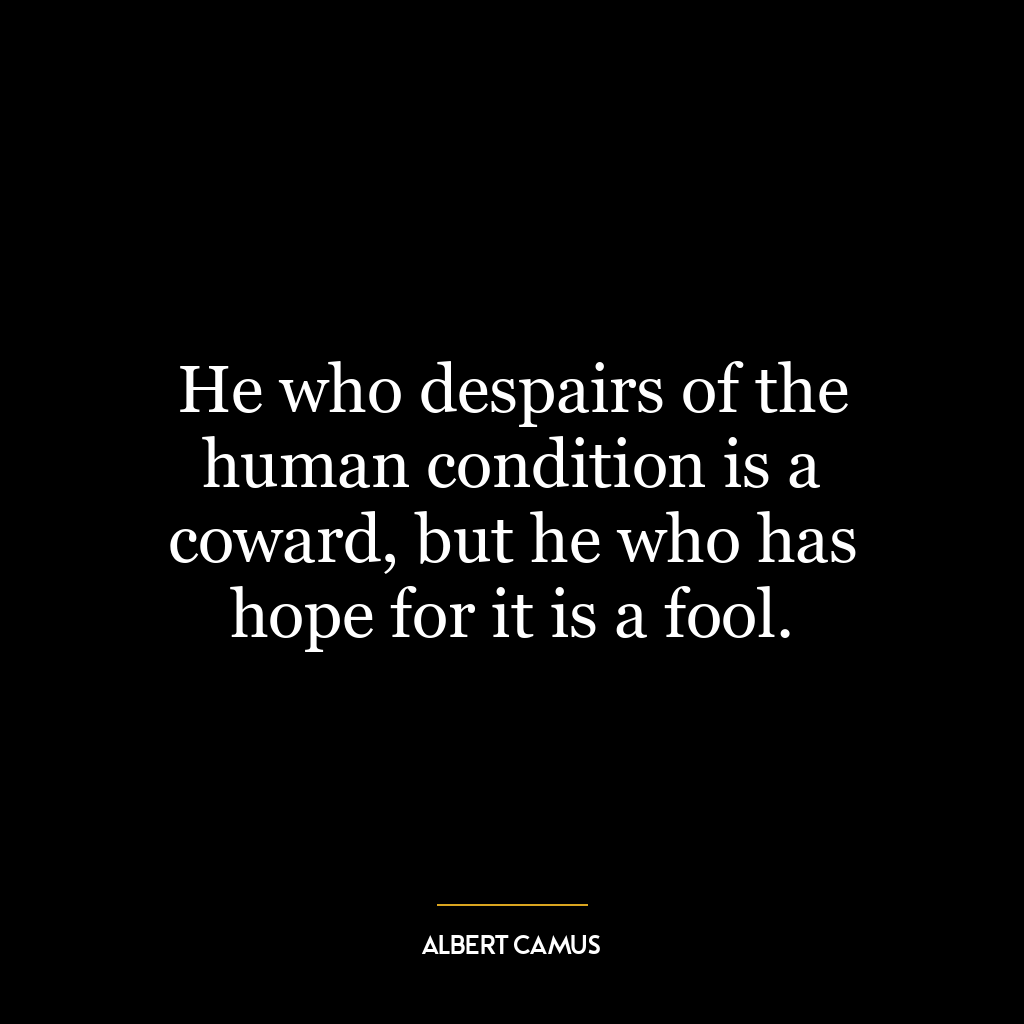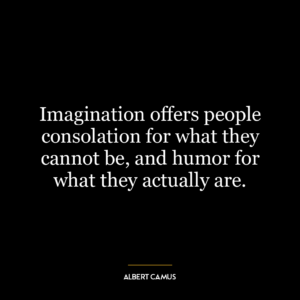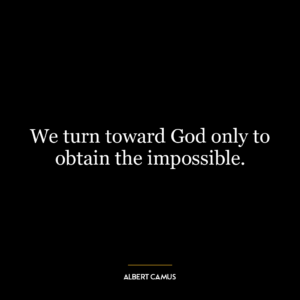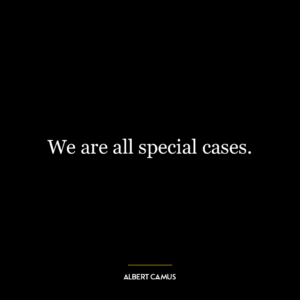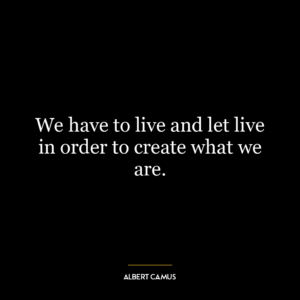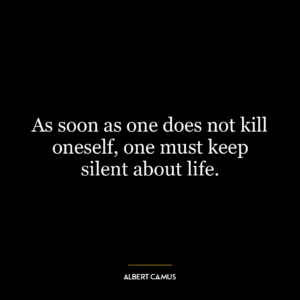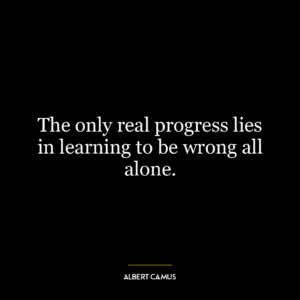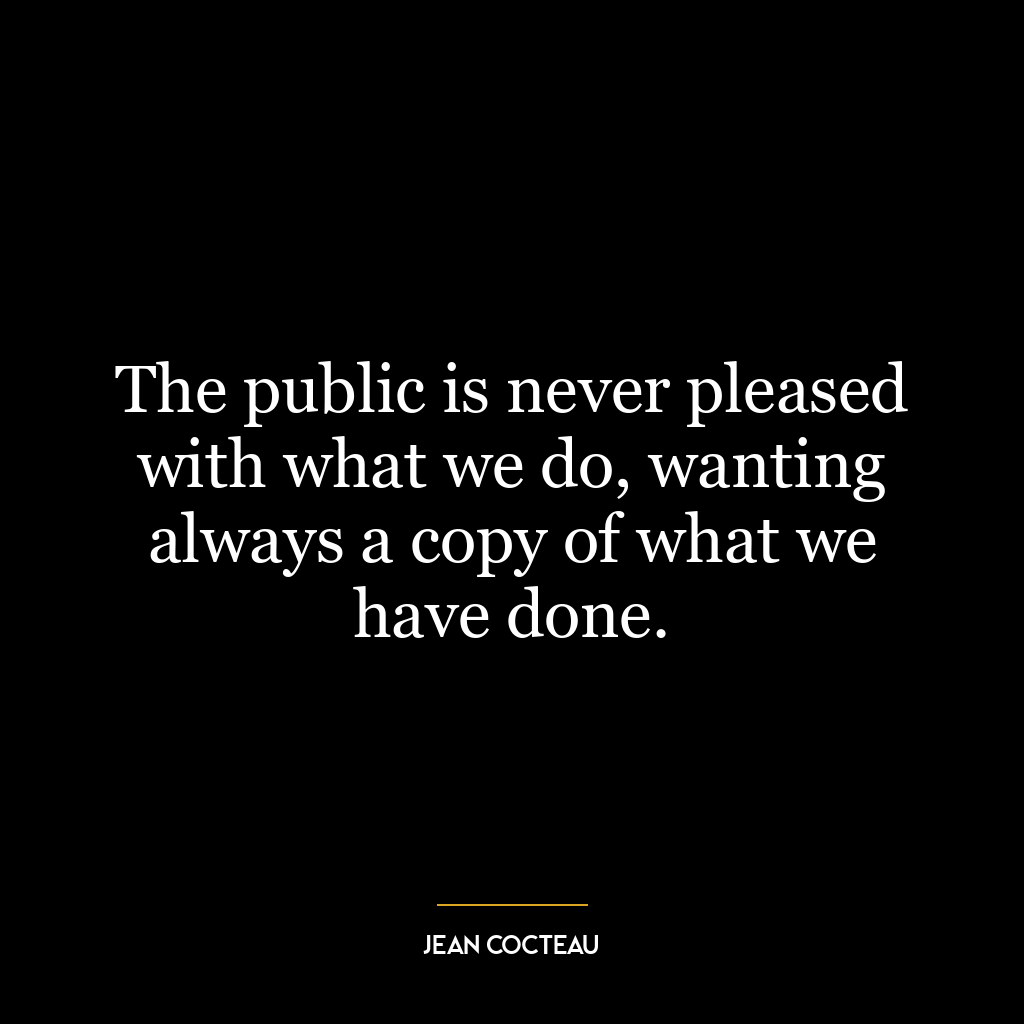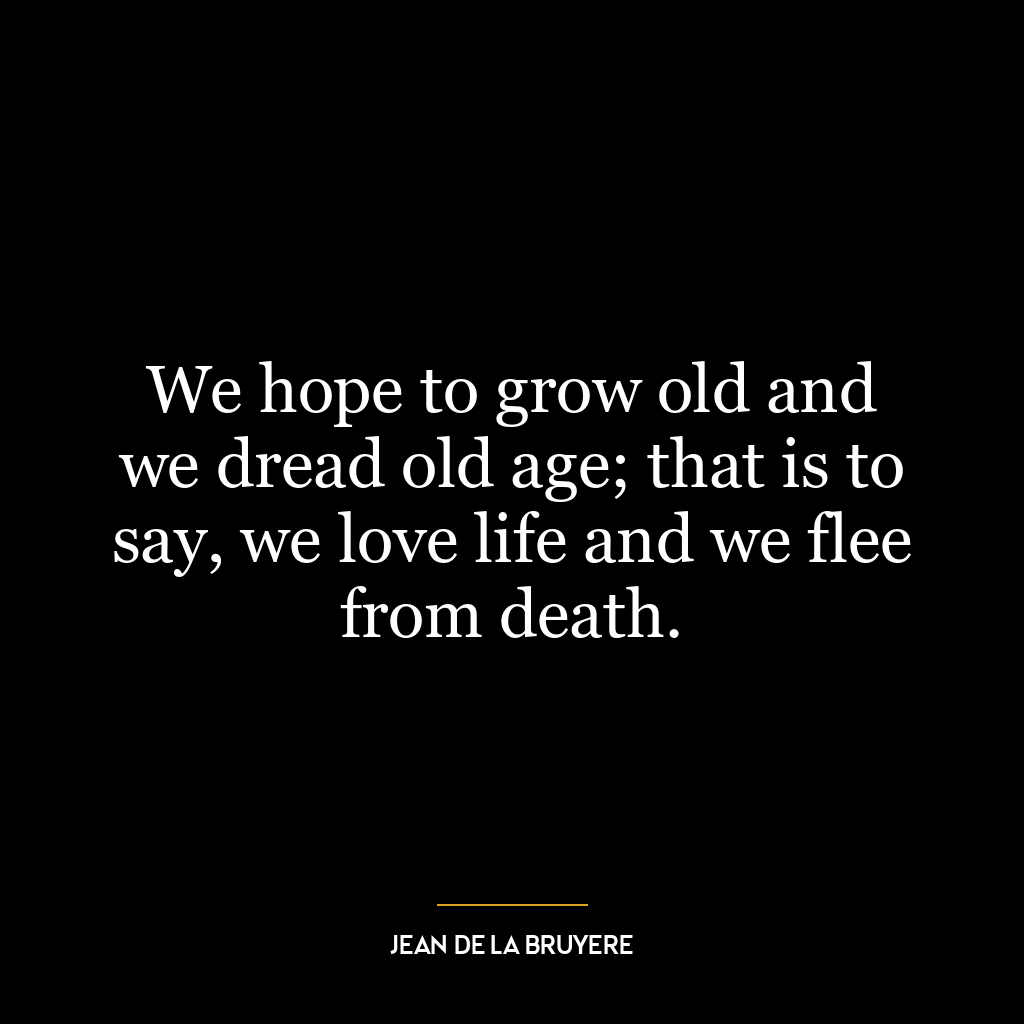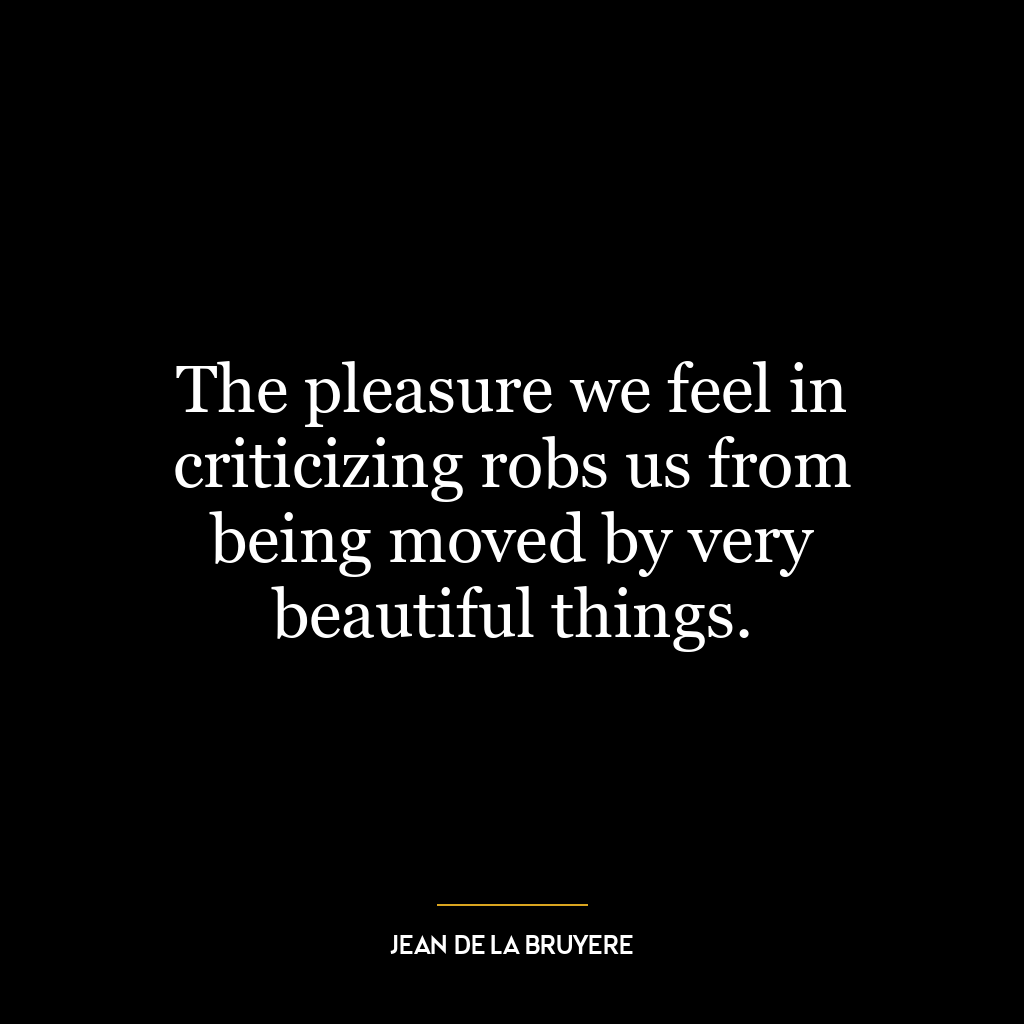He who despairs of the human condition is a coward, but he who has hope for it is a fool.
This quote is a profound commentary on the human condition and our attitudes towards it. The first part, “He who despairs of the human condition is a coward,” suggests that those who lose hope in humanity and its potential are, in essence, cowards. This is because it is easy to succumb to pessimism and declare everything as hopeless. It takes no effort to give in to despair, to surrender to the idea that things cannot improve. This is a cowardly stance because it avoids the hard work of striving for change and improvement.
The second part, “but he who has hope for it is a fool,” may seem contradictory at first. However, it reflects the harsh reality that hoping for a better world, while noble and courageous, can also be seen as foolish. This is because the world, with all its imperfections and injustices, often seems to resist change, leading those who hope for better to disappointment and disillusionment.
In a nutshell, the quote highlights a paradox of the human condition: it takes courage to maintain hope in the face of adversity, yet this hope can also be seen as foolish given the seemingly insurmountable challenges we face. It’s a call to be realistic, yet not lose the optimism completely.
Applying this idea to today’s world, it’s clear that we live in challenging times. From climate change to political strife, the problems we face can seem overwhelming, leading many to despair. However, giving in to despair and declaring everything as hopeless is not the solution. It’s a coward’s way out. We need to have the courage to hope for a better world and to work towards it, even if it seems like a fool’s errand.
In terms of personal development, this quote can serve as a reminder to maintain a balanced perspective. It’s important to acknowledge the challenges and setbacks we face, but it’s equally important to maintain hope and continue striving for improvement. It’s about having the courage to face reality as it is, yet also having the ‘foolishness’ to believe in the possibility of change.

